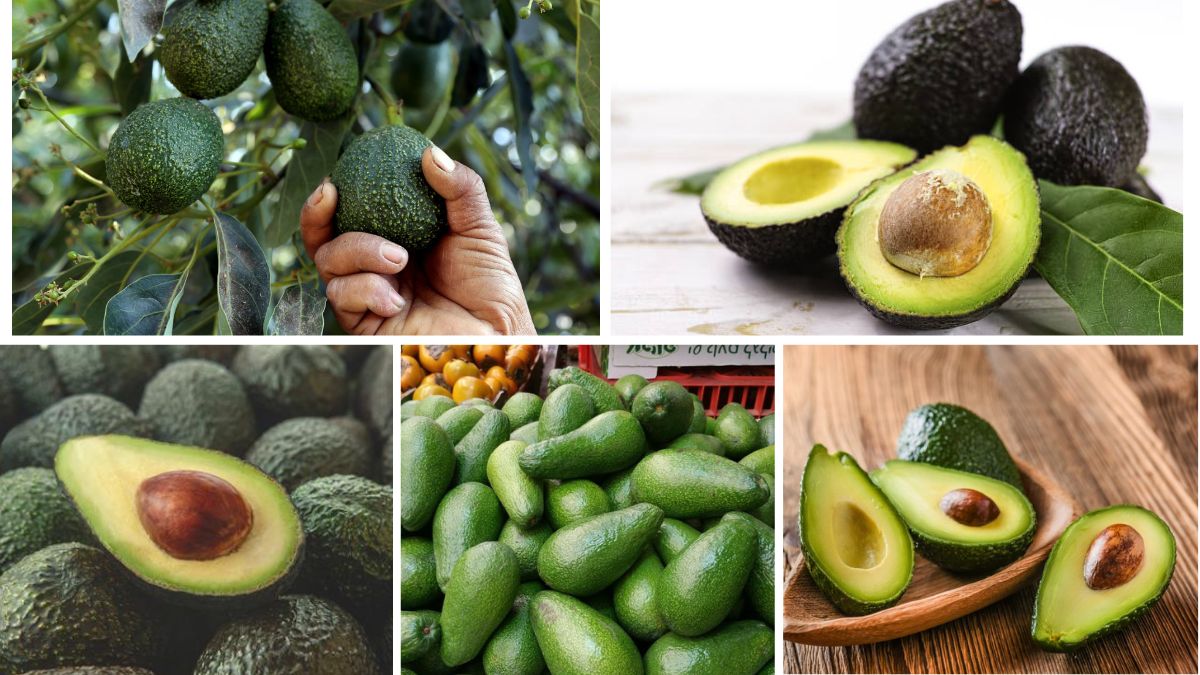Avocados, with their creamy texture, rich flavor, and impressive nutritional profile, have become a beloved fruit across the globe. From guacamole dips in Mexico to avocado toast trends in Europe and Asia, this fruit has seen skyrocketing demand in recent years. Behind this global craze lies a powerful agricultural force — the largest supplier of avocados in the world.
So, which country takes the crown as the world’s leading avocado supplier? The answer is Mexico. This nation has dominated the avocado industry for decades, supplying over one-third of the global market. In this article, we will explore Mexico’s dominance, the factors behind its success, the global avocado market, and how other countries are catching up.
1. Mexico: The Avocado Powerhouse
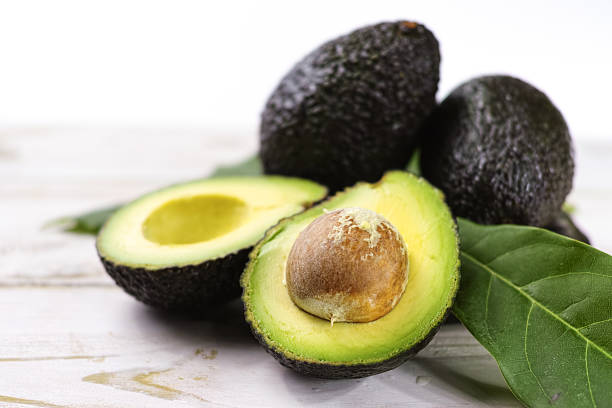
Unmatched Production Scale
Mexico’s avocado production is unmatched globally. According to recent data from the Food and Agriculture Organization (FAO), Mexico produces more than 2.4 million metric tons of avocados annually. This represents approximately 33–35% of the total global production.
Key Growing Regions
The state of Michoacán is the epicenter of avocado farming in Mexico. It boasts the perfect combination of volcanic soil, altitude, and a subtropical climate — ideal for year-round avocado cultivation. Other important producing states include Jalisco, Nayarit, and the State of Mexico.
Global Export Leadership
Mexico exports avocados to more than 30 countries, with the United States being its largest market. In fact, around 80% of the avocados consumed in the U.S. come from Mexico. Canada, Japan, and several European nations are also significant importers.
2. Why Mexico Leads the Avocado Industry
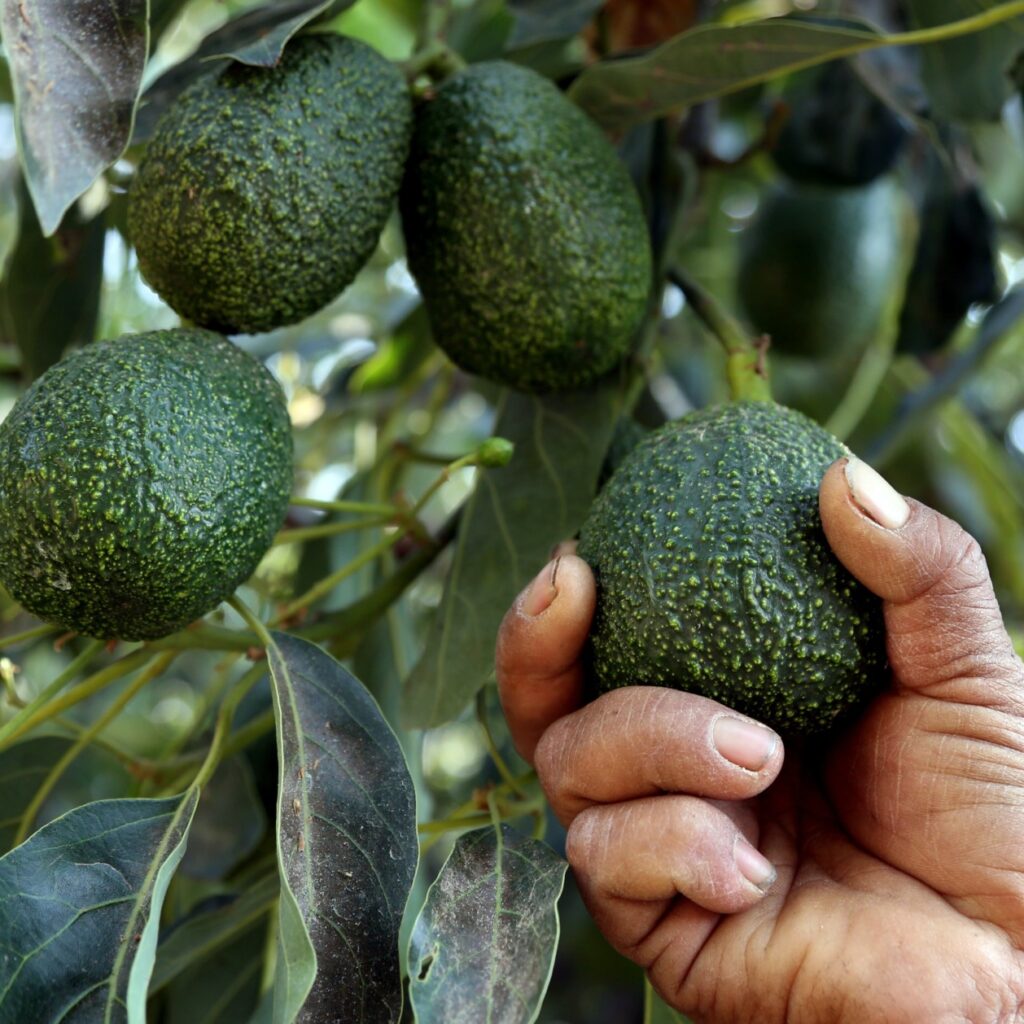
Ideal Climate and Geography
Avocados thrive in warm, subtropical climates. Michoacán’s mild temperatures, plentiful rainfall, and nutrient-rich volcanic soil create the perfect growing environment. Moreover, unlike many other countries, Mexico can grow avocados year-round, ensuring a steady supply.
Experience and Tradition
Avocado farming in Mexico isn’t new — it has been practiced for centuries. The avocado, known locally as ahuacatl in the Aztec language Nahuatl, has deep cultural and culinary roots. This heritage means farmers have generations of expertise in cultivating high-quality fruit.
Strong Infrastructure
Mexico has well-developed farming infrastructure, including advanced irrigation systems, packing facilities, and cold chain logistics that ensure avocados reach global markets fresh and ready to eat.
Trade Agreements
Agreements like the United States–Mexico–Canada Agreement (USMCA) make trade easier and faster, helping Mexico maintain its stronghold in North America.
3. The Global Avocado Market
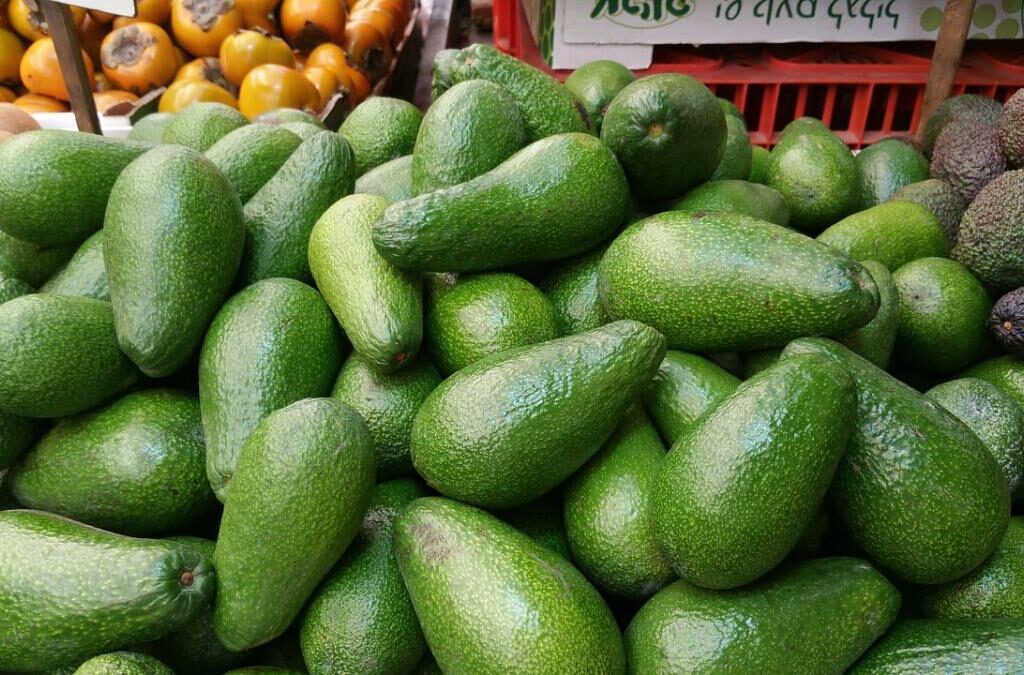
Rising Demand
Over the past two decades, avocados have transitioned from being a regional specialty to a global superfood. Health-conscious consumers are drawn to their high levels of healthy fats, fiber, vitamins, and antioxidants. This demand has spread beyond traditional markets in the Americas to Europe, the Middle East, and Asia.
Other Major Producers
While Mexico dominates, other countries are increasing production to meet rising demand:
- Colombia – Emerging as a strong competitor, exporting mainly to Europe.
- Peru – A seasonal supplier to North America and Europe during Mexico’s off-peak months.
- Indonesia – Significant production, though most is consumed domestically.
- Chile – Known for high-quality Hass avocados, exporting mainly to Europe and Asia.
- Kenya – Rapidly expanding avocado farming for export markets, especially the Middle East and China.
4. Economic Impact on Mexico
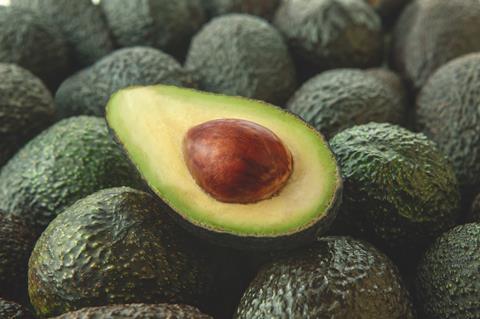
Avocado farming is a multi-billion-dollar industry for Mexico. The country earns billions of dollars annually from avocado exports, creating jobs for hundreds of thousands of workers in farming, packing, and transportation.
In Michoacán alone, the avocado industry supports over 300,000 direct and indirect jobs. This economic importance has earned avocados the nickname “green gold” in the region.
5. Challenges in the Avocado Industry
While the industry is thriving, it also faces challenges:
Environmental Concerns
High demand for avocados has led to increased deforestation in some parts of Mexico, especially in Michoacán. Forest land is sometimes cleared to plant more avocado orchards, raising concerns about biodiversity loss.
Water Usage
Avocado trees require significant amounts of water. In regions with limited rainfall, irrigation demands can strain local water resources.
Price Volatility
Because avocados are a global commodity, prices can fluctuate sharply based on supply and demand. Natural disasters, crop diseases, or political issues can impact supply chains and prices.
Security Issues
In some regions, organized crime groups have targeted the lucrative avocado industry, leading to concerns about safety for farmers.
6. Sustainability and the Future of Avocado Farming
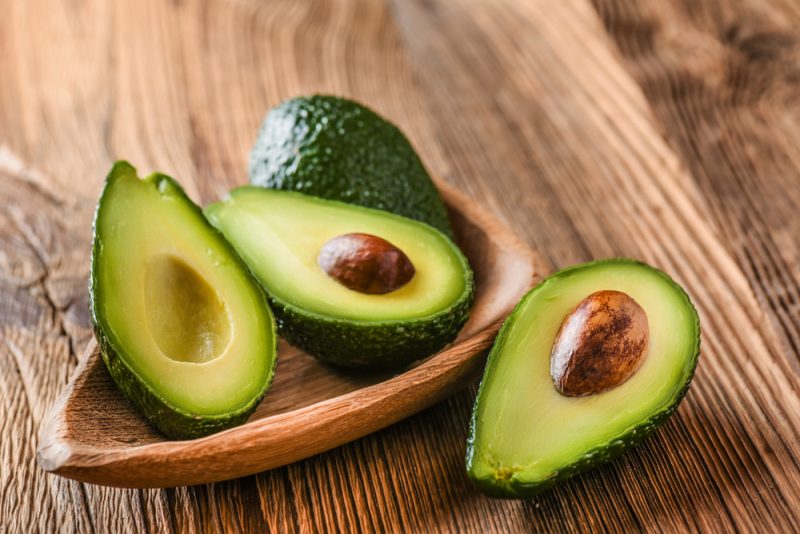
Mexico and other producing countries are increasingly adopting sustainable farming practices. These include:
- Agroforestry systems to maintain biodiversity.
- Efficient irrigation techniques like drip systems to reduce water waste.
- Fair trade certification to ensure ethical labor practices.
- Pest-resistant avocado varieties to reduce pesticide use.
Given the growing demand, Mexico is likely to remain the top avocado supplier for years to come, but sustainable practices will be crucial for the industry’s long-term health.
7. Fun Facts About Mexican Avocados
- The Hass avocado, the most popular variety worldwide, was first grown in California, but Mexico is now its largest producer.
- Avocados are technically a berry.
- Michoacán’s avocado trees can bloom up to four times a year, allowing continuous harvests.
- Avocados are rich in monounsaturated fats, which are heart-healthy and help reduce bad cholesterol.
Conclusion
Mexico’s dominance in the avocado industry is no accident — it’s the result of perfect growing conditions, deep cultural roots, a skilled farming workforce, and strategic trade advantages. As the world’s largest avocado supplier, Mexico plays a vital role in satisfying the global appetite for this nutrient-packed fruit.
With demand showing no signs of slowing, the challenge will be balancing production with environmental and social responsibility. If done right, Mexico’s “green gold” will continue to shine in kitchens worldwide for generations to come.
